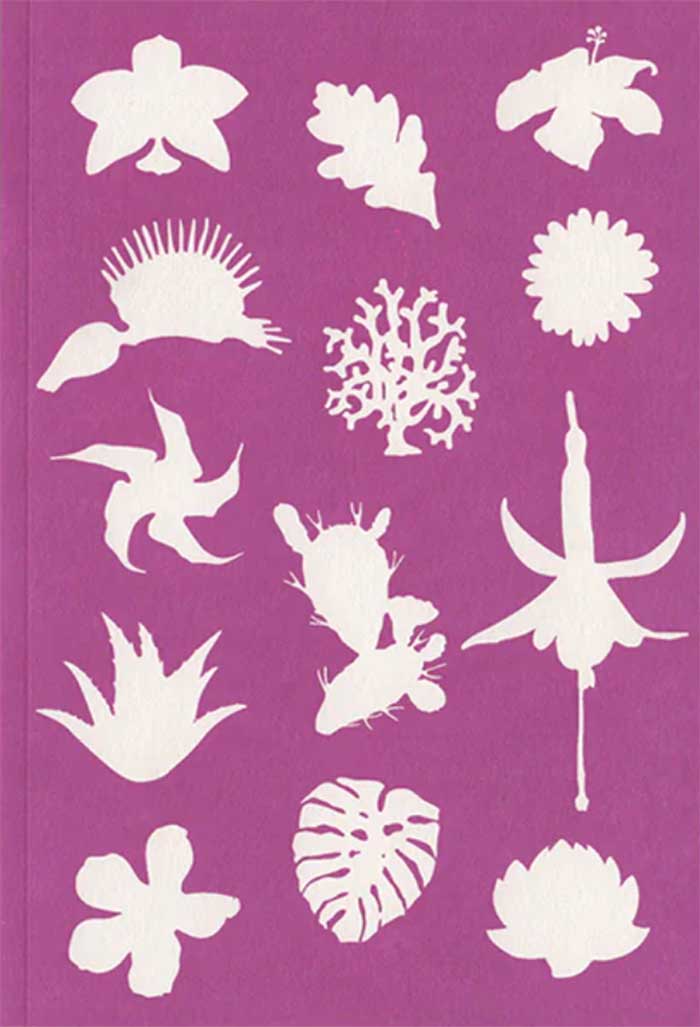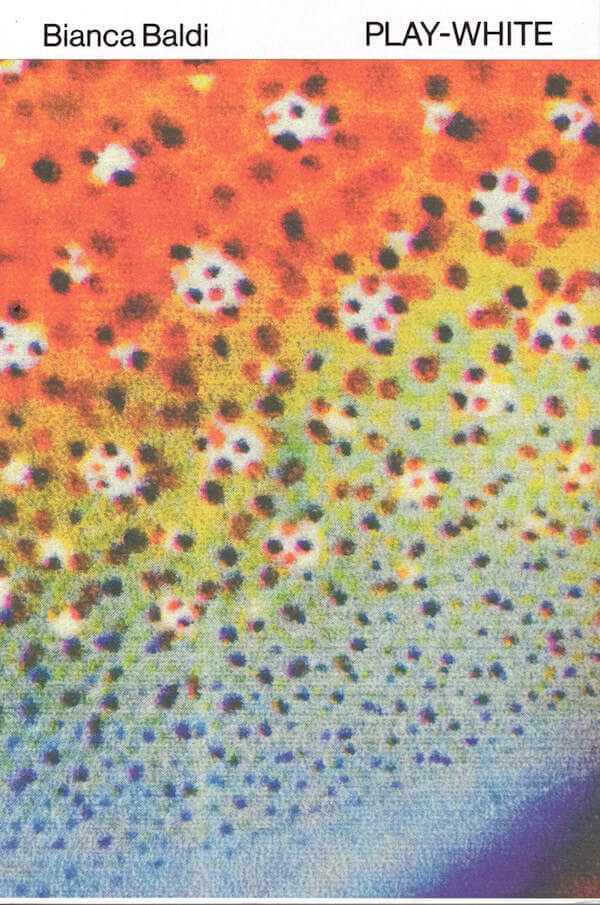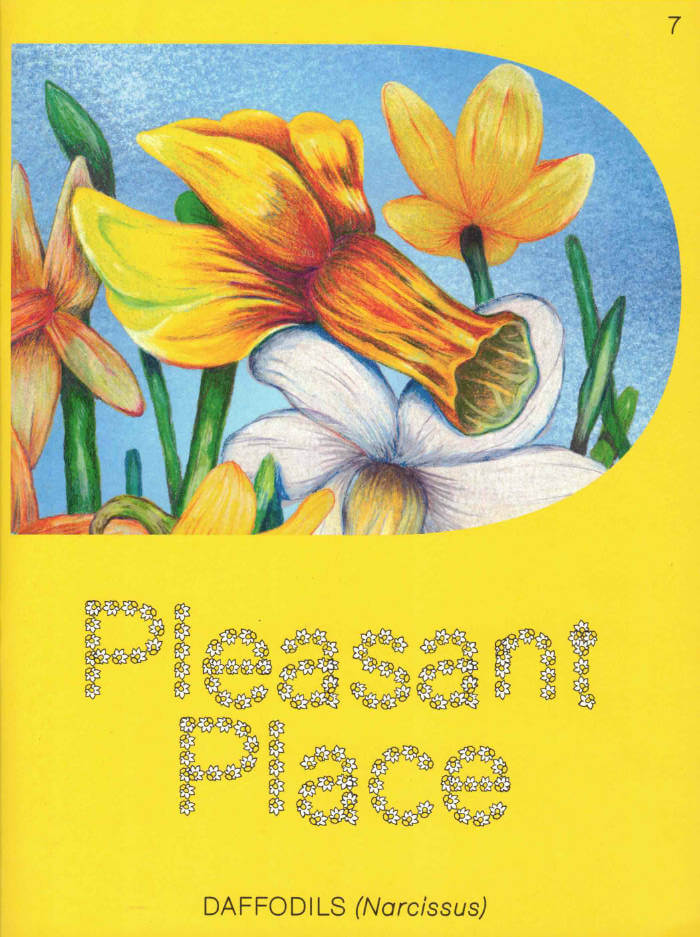
Making Kin II: Plants
Institute for Postnatural Studies ed.
Xenofiction proposes an exercise of placing our imagination—and with it our body—inside another's perspective. When we practice becoming with another's experience, we practice empathy. Even though every time we try to speak through a non-human voice we have to accept the impossibility of truly inhabiting another being's vital experience, we can find ways through creative practice to expand the way we sympathize and empathize. This anthology convenes twelve short stories and a visual essay by writers and non-writers that have experimented with plan embodiment.
With texts by: Alice Ahad, Bianca Baldi, Fatma Belkis, Alix Breda, Kai Edwards, Anastasia Eggers, Katie Goss + Rebecca Reynolds, Moselle K, Evie Muir, Yuri Pascacio Montijo, Christian Salablanca Diaz, Javier Velázquez Cabrero and Josfina Vidal Miranda.





![Cover of OEI #94-95 Geografier [Geographies]](https://rile.space/storage/1488/0216_Scan2022-04-15_140650_004.jpg)